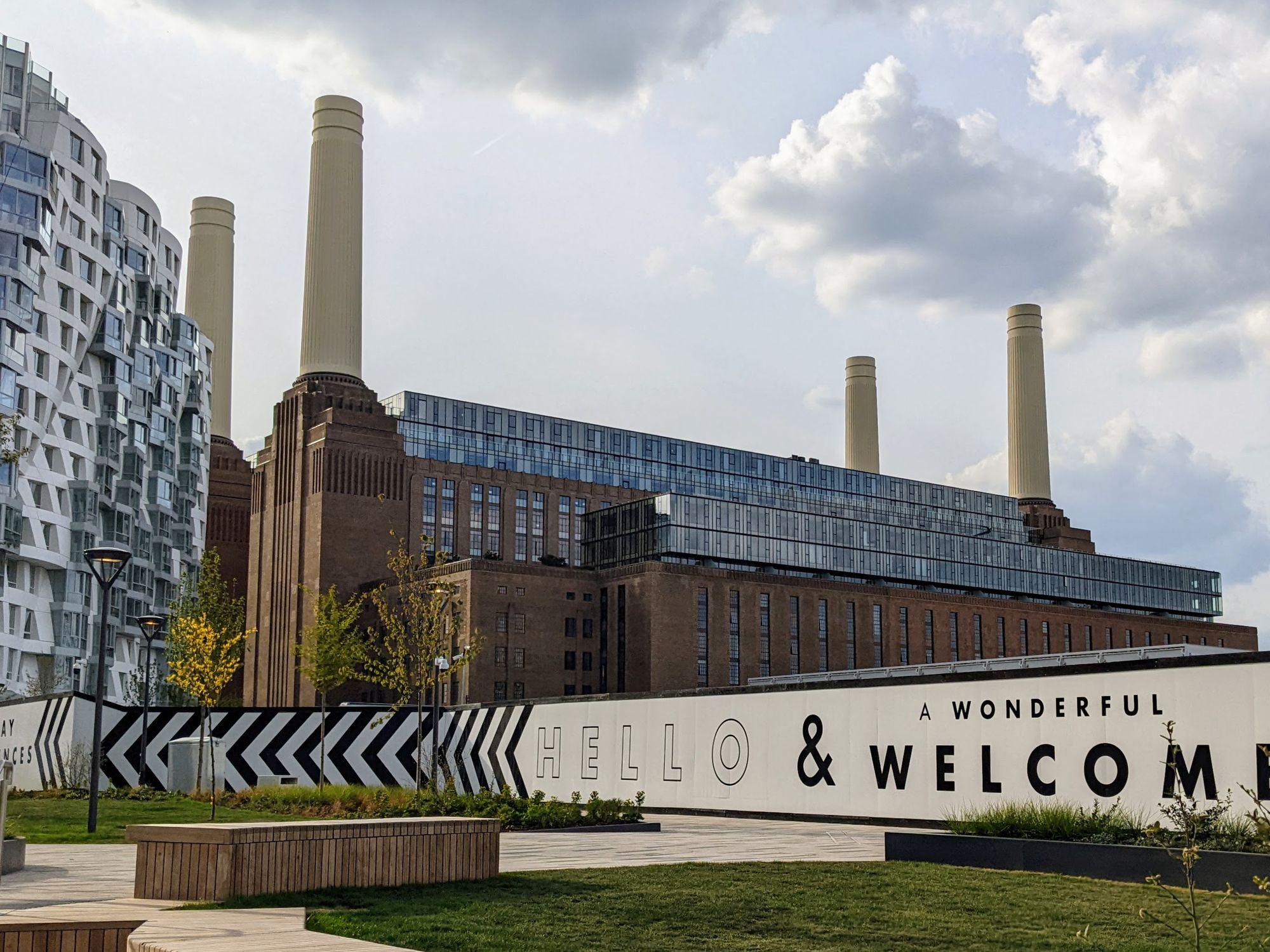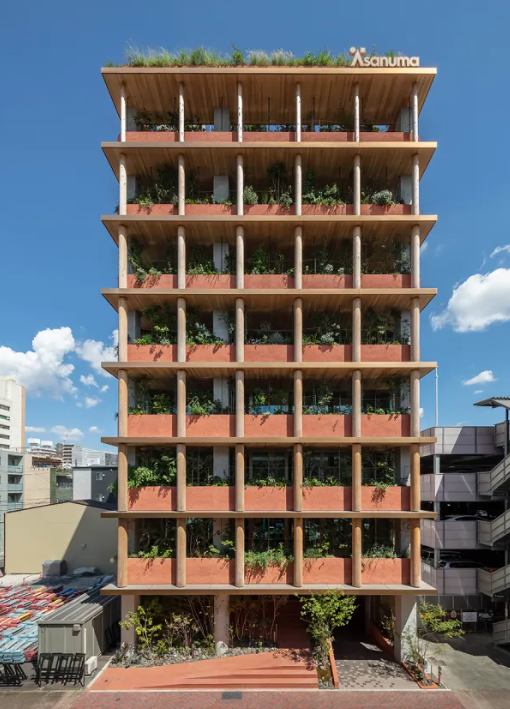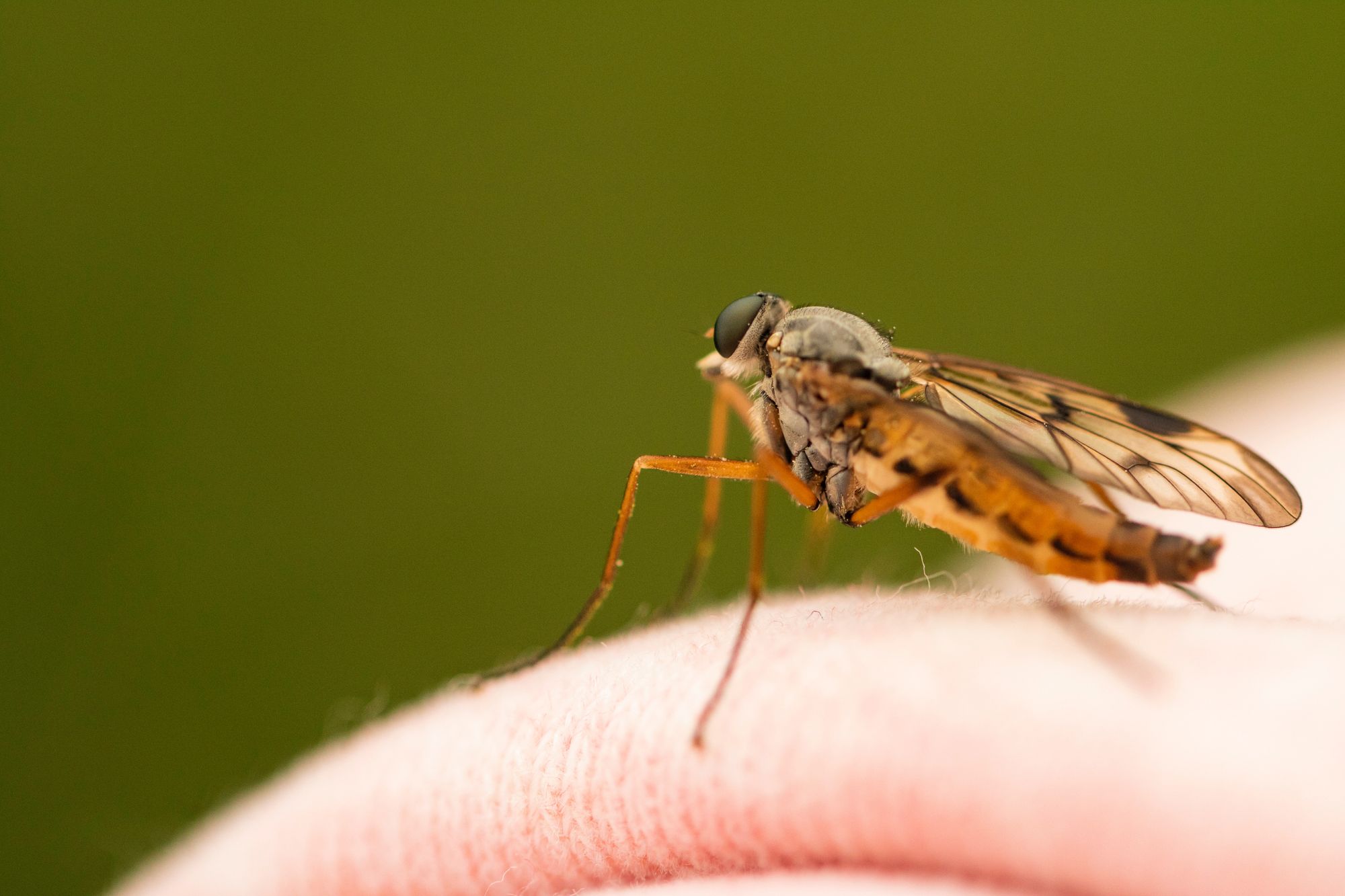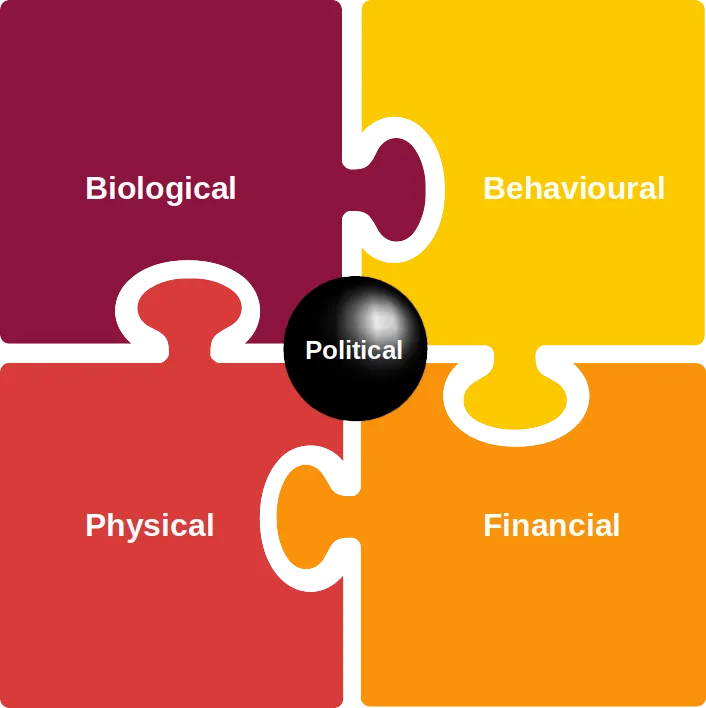
What caught our eye: week 25
Converting unused offices; Mosquito-borne diseases in Europe; Deadly fungal infections
Here are three stories that we found particularly interesting this week and why. We also give our lateral thought on each one.
- City of London to speed up process to convert unused offices.
- Mosquito-borne diseases becoming increasing risk in Europe.
- Deadly fungal infections confound doctors.
City of London to speed up process to convert unused offices.
The FT reports that the City of London's planning and transportation committee aims to fast-track applications to convert vacant older properties into new uses that fit in with the City's identity as a business centre. These include hotels, galleries and universities, but not residential.
The built environment is an integral part of societal existence and also a major resource consumption problem (40% of global raw materials) and decarbonisation problem (almost 40% of energy-related GHG emissions). Just over a quarter of those GHG emissions are from embodied carbon - emitted when we take raw materials and turn them into finished structures like buildings. The bulk of GHG emissions are operational or emitted when the building is in use. Retrofitting buildings can save on both. We have written a fair amount on this topic, but here are two key pieces we have written.
Links to blogs 👇🏾


(Built environment, Professional)
The article highlights a projection that office demand in the Square Mile (the central financial district in the city) could grow by 20 million sq ft over the next decade.
With the emergence of remote and hybrid working are those assumptions correct and how much of that demand could be met through retrofitting and repurposing? Do central business districts even need to exist anymore or could we see an eventual let up on retrofitting for residential purposes? Whilst central core office buildings may not be cost effective to convert into residential flats, there could still be other properties that could be.
Another issue it raises is the planning / approvals process and building regulations, both of which need to marry with the needs of the energy transition. New solutions for regulating building temperatures likely bring new ways of installing and new safety issues. That all needs to be accounted for to ensure design and construction can take place effectively.
Mosquito-borne diseases becoming increasing risk in Europe.
The spread of mosquitoes carrying tropical diseases, including dengue and Zika, is being exacerbated by climate change-induced global warming, according to a report by the European Centre for Disease Prevention and Control (ECDC). It said Aedes albopictus mosquitoes had established themselves in 13 European countries this year, compared with eight 10 years ago.
In addition, Aedes aegypti, which can spread yellow fever, Zika and West Nile virus, was found in Cyprus and scientists warned it could spread. The report also said more frequent heatwaves and flooding, along with longer, warmer summers, were making the environment more favourable for the bugs.
We wrote about this issue in September of last year. At that time there had been 40 cases of local dengue transmission compared with the 10-year average of 12 per year.
Increased incidents of disease, in humans, animals and plants, are not going to just take place in economies around the equator. Previously “hot climate” diseases will now needed to be factored into risk assessments for projects and investments in previously “cooler climate” regions.
Link to blog 👇🏾

(Agriculture / Natural Capital, Health and Wellness, Premium and Professional)

Deadly fungal infections confound doctors.
The Wall Street Journal highlighted the increase in the occurrence of severe fungal infection exacerbated by the increase in resistance to standard drugs used to treat, what were once rare, infections. One reason for the surge is the increase in the number of people with compromised immune systems often through other conditions including cancer.
However, another big reason is that rising temperatures are expanding the range of some deadly fungal pathogens making them better adapted to human hosts.
This is a great example of the interplay between sustainability themes. As microbes adapt and become resistant to once harsh environments and importantly the drugs that were once effective at rendering them harmless, this becomes a big problem for us.
There are strong connections between AMR and two other systemic threats: climate change and biodiversity loss. Global healthcare costs could increase by up to US$1 trillion, 28 million people could fall into poverty, global livestock production could fall by up to 7.5% and global exports could fall by 3.8%.
We have written a lot on this topic. Here are links to a couple.
Links to blogs 👇🏾


(Health and Wellness, Professional)
Become a subscriber
Click here to joinPremium subscribers get to read in full...
- 'Quick Insights'
Designed to be short, easily digestible summaries to educate and stimulate thought and further exploration. 3-5 minute reads.
Professional subscribers get to read in full everything that Premium subscribers get plus...
- 'Perspectives'
Our unique perspective, based on our decades of financial and sustainability experience, on a key news story, development or report that is impacting sustainability investing, decision-making and transitions. We encourage you to think laterally. 5-6 minute reads.
- 'Deep Dives'
Setting the scene in more detail to aid understanding of how the transitions will develop and thinking laterally. 10-12 minute reads.

Please forward
to a friend, colleague or client
If this was forwarded to you, click the button below and sign up for free to get this email, 'Bridging the gap' and the 'Sunday Brunch' in your inbox every week.
Please read: important legal stuff.
